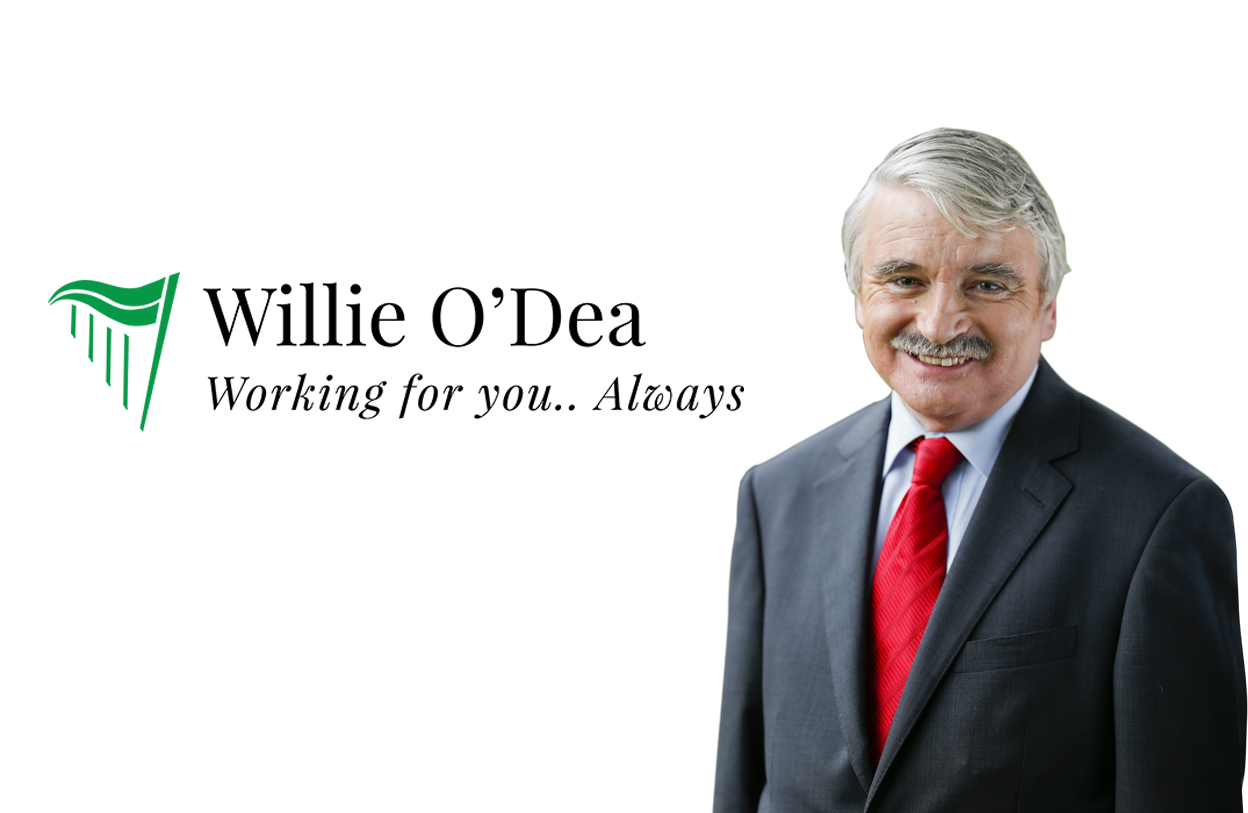 I had originally intended to use this week’s column to look at how the presidential election campaign was going. I had planned to throw my eye quickly over the seven candidates, their campaigns and maybe even their chances, with just around 10 days to go.
I had originally intended to use this week’s column to look at how the presidential election campaign was going. I had planned to throw my eye quickly over the seven candidates, their campaigns and maybe even their chances, with just around 10 days to go.
But then I heard the near hissy fit thrown by Martin McGuinness and almost the entire Sinn Fein organisation after Wednesday night’s Prime Time debate. McGuinness took considerable exception to the questioning he received at the hands of Miriam O’Callaghan. He felt he was the victim of ‘trial by media’.
Playing the victim is something that has sat easily with him over the years. It is hard to claim to be the victim when you are the holder of the joint most important elected office in the North. It is hard to claim to be the victim when you shunned the route taken by John Hume and Seamus Mallon and took the road that led to many in your own community suffering for your actions.
The problem with the criticisms of McGuinness coming from some in Fine Gael is that they sound more like snobbishness than genuine
The past fights back: Brendan O’Connor, Eilis O’Hanlon, Jody Corcoran, Eamon Keane, John-Paul McCarthy Pages 28,29,30
concern. Not that I doubt their concern is sincere, but the language used by Alan Shatter and others — referring to “unsuitability” and “inappropriateness” — makes it sound like they are referring to some jumped-up stable lad who has lost the run of himself.
McGuinness has sought to slide himself back through the gap we created to ensure Sinn Fein’s advance into non-violence and democratic politics, and use it as a stick to beat others. It is deeply disingenuous of him to try and portray himself as the great peacemaker, when it was the rest of the constitutional republican tradition on this island that had to persuade him and his colleagues to forgo their campaign of violence.
His critics during this campaign have found it difficult to find the words to expose his duplicity and his double standards. Then, in a two-minute encounter in an Athlone shopping centre, David Kelly (whose soldier father was murdered by the IRA) expressed those concerns more succinctly than anyone to date.
As Miriam pointed out to McGuinness during the debate, there are many others like David who feel the same way for deeply personal reasons. McGuinness’s past is not some dim and distant thing. For very many, the pain of it reaches into the here and now.
It was, therefore, perfectly reasonable for her to ask him how he would deal with this if he were to become President. His inability to answer directly should be a reminder of how little he has had to deal with his past, while others live with the consequences of it.
McGuinness and Sinn Fein have sought to turn the election into a debate on how we feel about him, yet they bleat when anyone else attempts to frame the question in a way they do not like.
Sinn Fein’s primary and over-riding concern is its own future and its own advancement. Everything else — peace process, political normalisation, unemployment, social exclusion, everything — is secondary to that one central goal.
It is why McGuinness is running. It is why he is prepared to take a leave of absence from his full-time role as an MLA and Deputy First Minister and run for a position he and they know he will not and cannot win.
This campaign is not about McGuinness becoming President, it is about Sinn Fein using every opportunity to advance itself. The goal is to use the presidential campaign to up its poll ratings and to try and break the 20 per cent mark.
That is why it is spending so much on the election paraphernalia, much more than you would expect from a party that just got short of 10 per cent at the February election.
Sinn Fein may come close to that goal and wave the tricolour around as if it were its sole property as the result is declared. But within days McGuinness will be back at Stormont, merrily implementing the spending cuts in the North that he tells us he strongly opposes down South.


